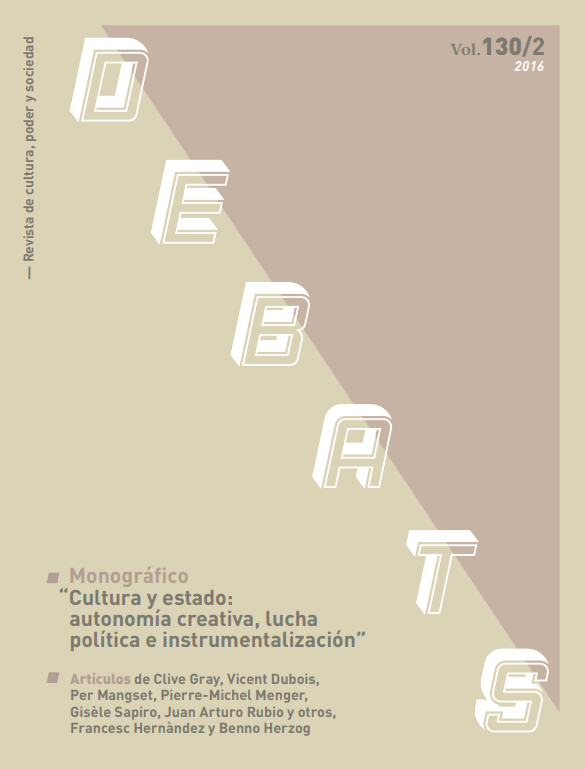Trade unions, identities and pressure groups for the unemployed. A problematic relationship.
Keywords:
España, trabajo, conflicto social, investigación cualitativa.Abstract
A qualitative sociological study based on 88 in-depth interviews with unemployed people undertaken between March 2012 and February 2013, in 12 Spanish cities, has made it possible to reach a closer understanding of the experience of unemployment and its consequences for an unemployed person. One of the issues explored in the interviews was how prepared the respondents were to participate in any protest movement. Their responses are explored in this article. The nemployed do not share a collective identity, a feeling of “us” which would incline them towards collective action. Nor do they have either the resources to organise themselves or a common understanding of the problem which would motivate them to work together. Furthermore, they are very skeptical about what they might achieve by protesting. For these reasons, they put up with unemployment alone
and resort to individual strategies to find work or lessen the consequences of not having any. Nevertheless, the article concludes by arguing for the relevance of a movement of the unemployed with trade union support to transform nemployment into the top political problem in Spanish society.
Downloads
Downloads
Published
How to Cite
Issue
Section
License
Without prejudice to the provisions of article 52 of Spanish Law 22/1987 of November 11 on Intellectual Property, BOE (official state bulletin) of November 17, 1987, and pursuant to said legislation, the author(s) surrender(s) free of charge its rights of edition, publication, distribution and sale of the article, for its publication in Debats. Journal on Culture, Power and Society.
Debats. Journal on Culture, Power and Society is published under the Creative Commons license system in accordance with the «Recognition - Non-Commercial (by-nc) modality: The generation of derivative works is permitted provided that commercial use is not made. Nor can the original work be used for commercial purposes».
Thus, when the author submits his/her contribution, he/she explicitly accepts this assignment of publishing and publishing rights. Authors also authorize Debats. Journal on Culture, Power and Society to include their work in an issue of the journal to be distributed and sold.











